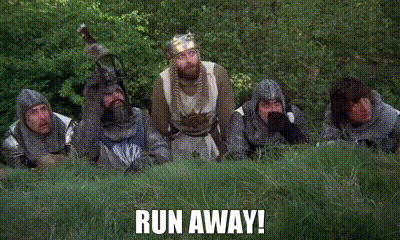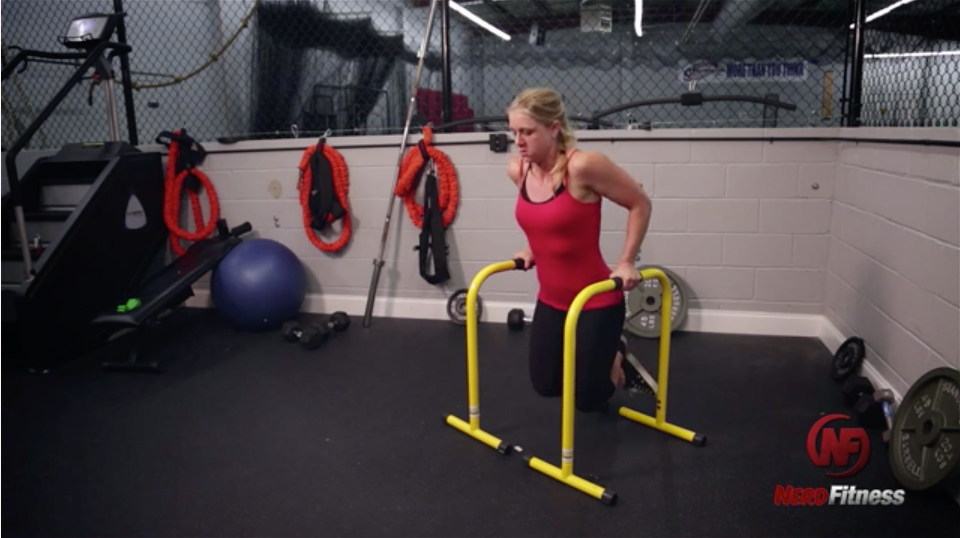
Everything You Need to Know Before Getting a Horse A Beginner’s Guide
Are you considering getting a horse? Owning a horse is one of the most rewarding experiences for animal lovers. However, it’s not without its challenges.
Horses require significant time, resources, and dedication. Before you dive into the world of horse ownership, it’s crucial to understand the responsibilities involved.
This beginner’s guide is designed to help you navigate the process of becoming a horse owner. From choosing the right horse for your lifestyle and budget to understanding the basics of horse care, we’ve got you covered.
By the end of this guide, you’ll feel confident and prepared to welcome your new equine companion.
Let’s explore the essential steps to owning a horse and ensuring a fulfilling experience for both you and your four-legged friend.
Understanding Your Lifestyle and Budget
Before committing to owning a horse, take a close look at your lifestyle and finances. Horses require a significant investment of time, space, and money. Ask yourself the following questions:
- Time Commitment: Are you ready to dedicate at least five to ten hours a week to caring for your horse, in addition to time spent riding or training?
- Space Requirements: Do you have enough room for a horse to live comfortably? This includes access to pastures, stables, or stalls.
- Financial Planning: Have you accounted for the ongoing costs, such as feed, supplements, veterinary care, farrier services, and equipment?
Horses are long-term commitments, often living 20 to 30 years. Ensuring you’re prepared financially and emotionally will make the journey more enjoyable and stress-free.
The bond you’ll form with your horse is deeply rewarding, but it’s important to assess all aspects of ownership beforehand.
Choosing the Right Type of Horse
Horses come in a variety of breeds, each with unique characteristics that make them suitable for different activities and owners. Broadly speaking, horses can be categorized as hot-blooded, cold-blooded, or warm-blooded.
- Hot-Blooded Horses: These breeds, such as Arabians, Thoroughbreds, and Mustangs, are known for their speed, agility, and spirited temperament. They are often used for racing, endurance riding, or competitive sports.
- Cold-Blooded Horses: Breeds like Shires, Clydesdales, and Shetlands are larger and more muscular, excelling in heavy labor like pulling carts or plowing fields. They are calm, steady, and ideal for work or leisure activities.
- Warm-Blooded Horses: Combining the best of both categories, breeds like Hanoverians and Dutch Warmbloods are versatile and commonly seen in dressage and jumping competitions.
When selecting a horse, consider your experience level, the activities you plan to pursue, and the breed’s temperament. A knowledgeable trainer or breeder can help guide you to the right choice. Here are some common paint horse names if you choose a paint horse!
Horse Care Basics
Caring for a horse requires dedication and knowledge. The three fundamental pillars of horse care are nutrition, grooming, and exercise. Here’s an in-depth look:
Nutrition
A balanced diet is essential for maintaining your horse’s health and energy levels. Key components include:
- Hay and Grass: These are the primary sources of fiber and nutrients for most horses.
- Grain Feed: Depending on the horse’s activity level, supplements like oats or barley may be necessary.
- Water: Ensure a constant supply of fresh, clean water to prevent dehydration.
- Vitamins and Minerals: Tailor your horse’s diet to its specific needs, taking into account age, size, and activity level.
Grooming
Regular grooming is vital for your horse’s hygiene and well-being. Brushing their coat removes dirt and debris while improving circulation. Focus on the following tasks:
- Brush the coat daily to prevent skin issues.
- Trim the mane and tail to avoid tangles.
- Clean hooves regularly to prevent infections.
Grooming is also an excellent bonding opportunity, allowing you to build trust with your horse.
Exercise
Physical activity is crucial for a horse’s physical and mental health. Incorporate the following:
- Daily Walks: Low-intensity exercise keeps muscles active.
- Trotting and Galloping: Higher-intensity activities help maintain cardiovascular health.
- Training Routines: Work on groundwork and riding skills to challenge your horse mentally and physically.
The right balance of nutrition, grooming, and exercise ensures your horse remains healthy, happy, and well-adjusted.
Finding a Reputable Trainer or Instructor
If you’re new to horse ownership, enlisting the help of an experienced trainer or instructor is invaluable. Trainers provide guidance in riding techniques, horse care, and building a bond with your equine partner. Here’s how to find the right one:
- Research Credentials: Look for trainers with certifications and experience in the specific discipline you’re interested in.
- Ask for References: Speak with other horse owners who have worked with the trainer.
- Observe Sessions: Attend a few lessons to see how the trainer interacts with horses and students.
- Compatibility: Ensure the trainer’s methods align with your philosophy and goals.
Many trainers also offer groundwork seminars, which teach you the basics of horse handling and care. Building a strong foundation with your trainer sets the stage for long-term success.
Investing in the Right Equipment and Supplies
Equipping yourself with the right tools and gear is crucial for a smooth horse ownership experience. Here are some must-haves:
Essential Supplies
- Grooming Kit: Brushes, combs, and hoof picks are essential for daily maintenance.
- Feed and Water Buckets: Durable and easy-to-clean containers ensure your horse’s hydration and nutrition needs are met.
- Tack: This includes saddles, bridles, and stirrups tailored to your horse’s size and your riding preferences.
Riding Gear
If you plan to ride frequently, invest in:
- A properly fitted saddle
- Riding boots
- A protective helmet
Other accessories, like lead ropes, blankets, and fly masks, can be purchased as needed. While the initial costs may seem high, quality equipment ensures your horse’s safety and comfort, making it a worthwhile investment.
Building a Bond with Your Horse
One of the most fulfilling aspects of horse ownership is forming a strong bond with your equine companion. This relationship is built on trust, respect, and mutual understanding. Here’s how to foster a meaningful connection:
- Spend Quality Time: Regular grooming sessions, hand-walking, or simply being present in the barn helps establish trust.
- Positive Reinforcement: Reward good behavior with treats or praise to encourage cooperation.
- Leisurely Rides: Low-pressure activities, like trail rides or relaxed walks, create a positive association.
Building a strong bond takes time and patience, but the rewards are immeasurable. A connected partnership enhances every aspect of training and daily life.
Tips for New Horse Owners
Starting your journey as a horse owner can feel overwhelming, but preparation and education make all the difference. Here are some additional tips:
- Educate Yourself: Read books, attend seminars, and join equestrian communities to expand your knowledge.
- Stay Organized: Keep a schedule for veterinary check-ups, farrier visits, and training sessions.
- Be Patient: Horses are sensitive animals that respond best to calm, consistent interactions.
- Seek Support: Don’t hesitate to ask experienced horse owners or trainers for advice.
Remember, becoming a responsible horse owner is a journey. Mistakes will happen, but they’re opportunities to learn and grow.
Considering Alternatives
If you’re unsure whether full horse ownership is right for you, consider alternatives such as leasing a horse or taking lessons at a local stable.
Short-term rentals or part-ownership arrangements provide valuable experience without the long-term commitment. These options allow you to test the waters and gain confidence before making a decision.
Conclusion
Owning a horse is a life-changing experience that brings immense joy and fulfillment. By understanding your lifestyle, choosing the right horse, and committing to proper care, you set the foundation for a successful partnership.
Remember, preparation and patience are key to becoming a responsible horse owner.
If you’re still on the fence, explore options like lessons or leasing to ease into the world of horse ownership. With the right mindset and resources, you’ll be well on your way to creating unforgettable memories with your equine companion.
























إرسال التعليق